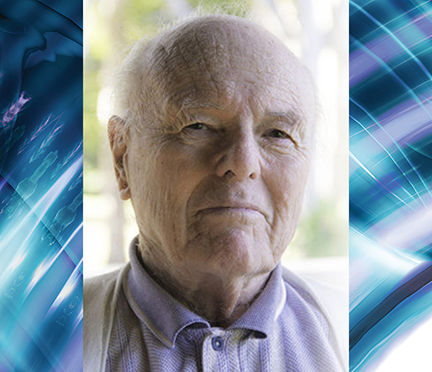The Hawaii Sunshine Law sets forth with clarity the state’s position on governmental transparency. HRS 92.1 states: “The people are vested with the ultimate decision making power. Government agencies exist to aid the people in the formulating and content of
The Hawaii Sunshine Law sets forth with clarity the state’s position on governmental transparency. HRS 92.1 states: “The people are vested with the ultimate decision making power. Government agencies exist to aid the people in the formulating and content of public policy.”
Opening up governmental processes to public scrutiny and participation is the only viable and reasonable method of protecting the public interest. Therefore, the Legislature declares it is the policy of this state that the formation of public policy — the discussions, deliberation, decisions and action of governmental agencies shall be conducted as openly as possible.”
This law applies to state agencies and the Kauai County council and county boards and commissions. The Office of Information Practices has been established to interpret the law and to provide advice to agencies and to citizens.
The law provides for eight situations where, instead of conducting its meetings openly, the agency can elect by a two-thirds vote of its members to hold a secret “executive meeting” to consider certain matters. The most commonly used cases are as to personnel matters and to consult with the agency’s attorneys.
On Kauai, the largest usage of executive meetings has been by the county council. Over the years and continuing to the present it seems that the purpose of the council stealthily abetted by the county attorney and his staff has been to resist the openness the Sunshine Law seeks and to expand the number of the secret executive meetings. It has now held over 700 such meetings and in 2013 alone there were more than 100. The policy of the OIP is to ask the council for its position whenever an issue arises. Because the OIP lacks enforcement powers, on occasions the council simply flaunts the OIP and fails to respond.
Until 2008 the County Charter (Section 3.07 e) provided for open council meetings with more limited exceptions for secret sessions than the Sunshine Law. Despite the council’s continuing reliance on an undisclosed opinion of the county attorney’s office which vitiated the tighter Charter standards for executive meetings, in 2008 the council sought and with the aid of some misleading ballot language obtained the voter adoption of an amendment to the Charter, which ended the tighter standards.
The Sunshine Law provides that minutes shall be kept of executive meetings (The council persists in calling them executive sessions). It also provides that such minutes may remain secret so long as a release would “defeat the lawful purpose of the executive meeting, but no longer.”
Notwithstanding this clear requirement, the Kauai County Council has never voluntarily made public the minutes of any executive meeting. A public information request to release the minutes that no longer need to be secret to protect “the lawful purpose of the executive meeting” to which they relate would, if honored, provide a most interesting behind the scenes look at how our government operates.
Over 20 of the 2013 council executive meetings related to the council’s dubious attempt to discipline the county auditor for alleged mismanagement of staff personnel. It is hard to understand why so much time and effort was shrouded in the secret proceedings when the end result was an inconsequential one week suspension with pay and a probation without any defined restriction.
In addition to the extensive use of executive meetings to frustrate citizen access to council proceedings, the council employs onerous and troublesome restrictions on citizen testimony at its meetings. The Sunshine Law provides that citizens must be allowed to testify as to any item on the council agenda.
Under council rules citizen testimony is limited to three minutes per testimony. While this rule is deemed necessary to preserve council member time, it is frequently inadequate for thoughtful testimony on more complex issues.
Recently, the council graciously adopted a provision for an 18-minute interval at the outset of a council meeting to permit testimony of persons who were inconvenienced by the vagaries of council scheduling.
However, the council imposed a limit that if a citizen testified in the 18-minute set aside on one item, the citizen was foreclosed from testifying at any other time on any other item.
This limitation appears to violate the right of the citizen to testify as to all agenda items at each meeting. And it again is illustrative of a council intent inconsistent with the encouragement of public participation that is central to the purposes of the Sunshine Law.
When Jay Furfaro became council chair there was optimism that he would try to bring greater openness to council proceedings, but regrettably that has not been the case.
Now that he is at the threshold of his final year of council service, it may be hoped that he will take the opportunity to use his leadership to elevate the council from the egregious missteps made in the county auditor matter and to place the council on a course of better compliance with the purposes of the Sunshine Law.
Walter Lewis writes a column every other week for The Garden Island.


